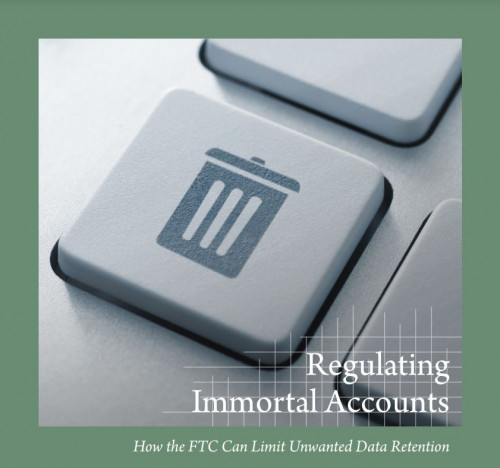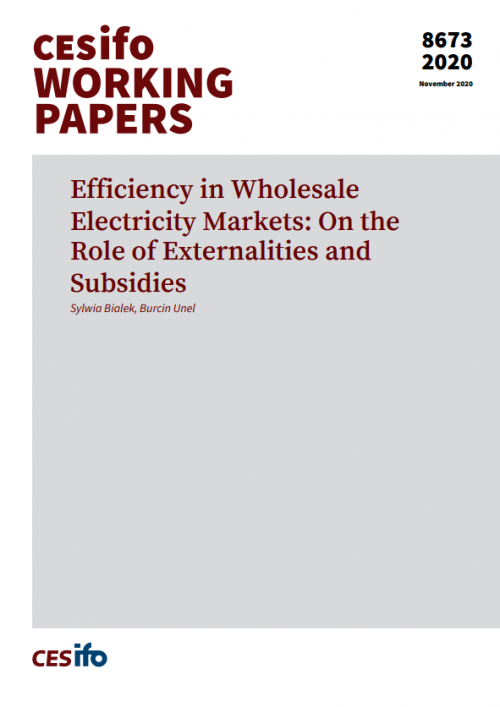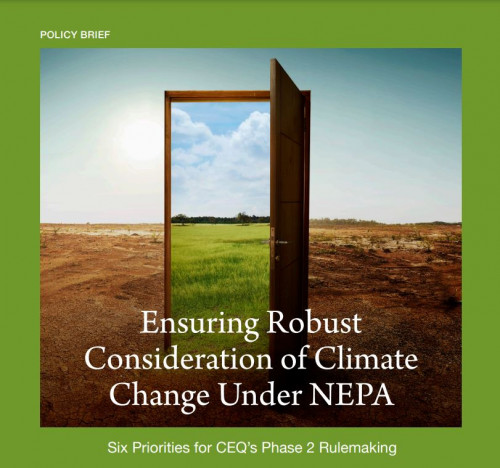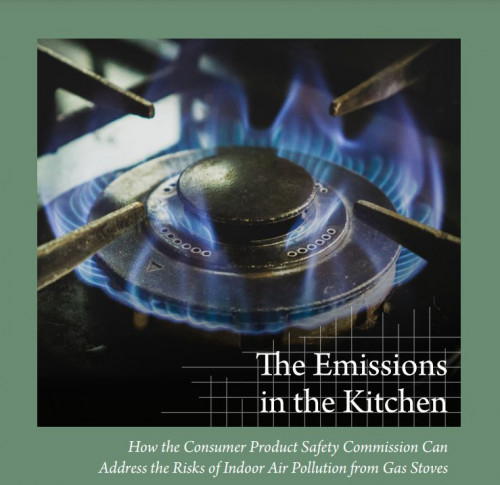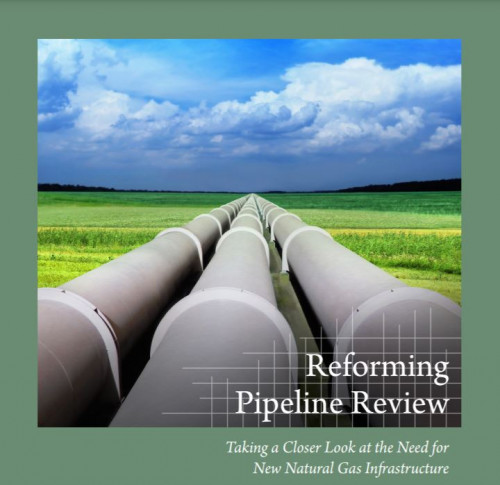The Institute for Policy Integrity produces a variety of publications. Our research reports develop in-depth research on our core issues, while our policy briefs and issue briefs provide focused analysis on more timely or particular topics. Our academic articles and working papers offer original scholarly research and analysis from established experts as well as fresh new voices.
Latest Publications
-
Regulating Immortal Accounts
How the FTC Can Limit Unwanted Data Retention
The report argues that an FTC rule requiring reasonable cancellation practices for all market actors and providing clear and specific guidelines would address the harms of immortal accounts. Such regulation would fall under the FTC’s authority and advance the Commission’s mission to protect consumers and competition by preventing deceptive, unfair, and anticompetitive business practices.
-
Efficiency in Wholesale Electricity Markets: On the Role of Externalities and Subsidies
Published in Energy Economics
In our article published in Energy Economics, we use economic modeling to analytically show the relationship between generation subsidies and energy and capacity markets. We show that the feared capacity price suppression can happen only under limited circumstances and that in the short-run, the subsidies will tend to increase capacity prices. We also demonstrate that while subsidies cannot produce the first-best outcomes, there exists a range of welfare-enhancing subsidy rates and designs that improve welfare, such that regulators should think of subsidies as one of the tools available for increasing electricity market efficiency.
-
Ensuring Robust Consideration of Climate Change Under NEPA
Six Priorities for CEQ’s Phase 2 Rulemaking
In April 2022, the Council on Environmental Quality (CEQ) finalized a limited, “Phase 1” rulemaking to restore several longstanding features of the regulations that guide agency assessments under the National Environmental Policy Act (NEPA) which CEQ had removed in 2020. In that rule, CEQ reaffirmed its intentions to further revise the regulations to better ensure that agencies make decisions that “advance environmental, climate change mitigation and resilience, and environmental justice objectives.” This policy brief outlines six simple regulatory revisions that CEQ should prioritize for its “Phase 2” rulemaking to improve consideration of climate change during environmental review.
-
The Emissions in the Kitchen
How the Consumer Product Safety Commission Can Address the Risks of Indoor Air Pollution from Gas Stoves
Gas stoves are found in over a third of American homes, and these appliances generate dangerous indoor levels of nitrogen dioxide (NO2) and fine particulate matter (PM2.5) within just a few minutes of cooking. This report suggests several ways the Consumer Product Safety Commission (CPSC) can and should take action to address the unreasonable health risks posed by gas stove emissions.
-
Reforming Pipeline Review
Taking a Closer Look at the Need for New Natural Gas Infrastructure
The Federal Energy Regulatory Commission (FERC) uses a flawed process to evaluate the need for new, long-lasting gas infrastructure such as interstate pipelines, resulting in a certification process that fails to serve the public interest. As FERC begins to re-examine its approval process for new natural gas infrastructure, our report analyzes the Commission’s authority to consider a broader range of factors when deciding whether a proposed project is in the public interest. The report offers four key recommendations for reform.

